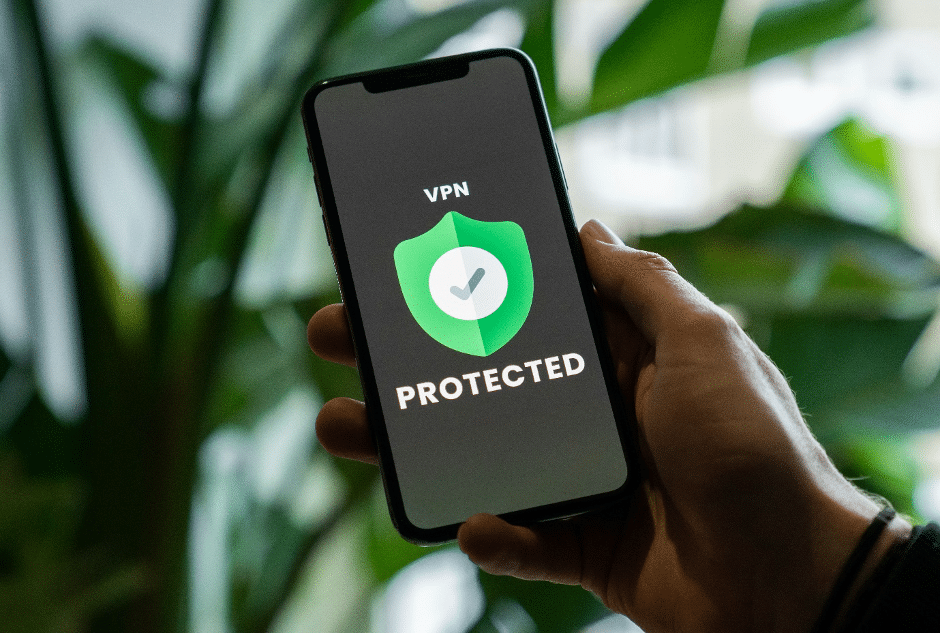An overload of possibilities is always a web of roads that we can take to all kinds of destinations. Given the unmistakable existence of all kinds of elements that create the collective experience on the internet, things must follow certain principles.
These are not as complex as you may think, but they are strong fundamentals that we all need to know. As long as we understand how to safeguard our interests, we have plenty of resources to help. The initiative should be backed by information, as we will try to assess in this article.
Digital literacy is the product of knowing what to do, assess, and avoid during your time on the internet. It’s a method of locating the need to gain digital literacy for the sake of enjoying a safe experience. As we go across each section, you will understand the upside of taking an informed and precautionary approach to navigating the internet!
Knowing the basics of a safe Internet endeavor
The basics represent the resources, rights, obligations, and risks. These fundamentals are the starting point in the process of branching out your activities. They also represent the needs that you should have at a consistent rate when in contact with the internet.
The first would be having an internet connection from an established provider in your home market. It goes without saying that having the right connection is essential, but you should be sure that your internet provider offers optimal services from the start.
The second would be to use a good browser that you’re sure will satisfy your needs. Some browsers specialize in customizability, while others are simple solutions for casual navigation. If you’re looking into installing apps, it’s optimal to install them via your device’s certified store.
Thirdly, you should have a personal system of gathering, processing, and using available information about your purported internet destinations. This means that you should know how to avoid certain corners of the internet, fend off scammy signals, and take all the precautionary measures that will allow you to engage in proper internet activities.
Double-checking a website/app
The good part is that the current make-up of the internet provides plenty of spaces where both specialty and user-generated opinions can shape something’s reputation. Naturally, this applies to internet-related services, from websites to apps, services, and even opinion makers. The bad part is if the reviewing services provide tainted assistance with artificial or paid (fraudulent) reviews.
Unfortunately, this can happen with any kind of opinion aggregator. This is why you should consider the nature of these opinion pieces. For as great as these spaces are, you can always encounter a certain website with a slew of positive, albeit undeserved, reviews.
We’d say that overt signs of unnatural reviews include:
- The tone/effort of the review is either too relaxed or seemingly too professional, and it comes out flat.
- The (positive) talking points are very repetitive.
- These glowing reviews are always accompanied by scathing reviews that are extremely contrasting to the supposed good sides.
- Extremely generic user names.
Our particular recommendation is to always check with speciality reviewers as a back-up source of information. As a practical case, SlotsCalendar US shows that insightful research can provide a good baseline for iGaming-related websites while complementing public opinion.
Overall, identifying the strengths, weaknesses, and main traits of your digital destination is a great way to make prudent decisions.
Identifying scam attempts and avoiding them
Scams are extremely dangerous for usual reasons that can be very impactful to regular citizens. In a Statista chart that accounts for the USA’s FTC data, we can see that scams lead to financial losses at a concerning rate. The usual contact channels where scams are perpetrated are social media, online ads, and websites. The monetary loss rate exceeds 60% through these methods, all of whom are via the internet.
The Cybersecurity and Infrastructure Security Agency’s infographic on phishing shows that network security protocols do not block 70% of all attached elements in a phishing attempt. As a result, it’s imperative to know how to identify phishing.

FTC’s guide on recognizing phishing recommends looking for click-for-payment opportunities, claims of (inexistent) security breaches, falsified emails, invoices, or personal information requests. Given that phishing is the most popular method among scammers, it’s imperative to know how to safeguard yourself from them.
Simply put, online scams are too-good-to-be-true scenarios in many cases. It’s essential to be in total control of your online accounts and be skeptical about any offer you receive out of the blue since nobody is doing any random charity on the internet!
Relying on legitimate security and privacy solutions
A Security.org consumer report shows that only 46% of the subject Americans use a 3rd party antivirus, while the rest use the default system protection or no antivirus at all. Of those who actually use 3rd party antivirus software, only 54% pay for its services.

It’s true that antivirus services can be somewhat expensive, especially when it’s conflicting with essential expenses. What this shows is that many internet consumers choose not to use proper antivirus protection, which opens the risk for malicious software.
Our recommendation is to assess your financial state and consider using antivirus services if you can spare this expense. It’s even more important to do so if your internet usage goes beyond casual social media scrolling, streaming services, or occasional online purchases.
The same applies to VPNs and their benefits of safeguarding your privacy. It’s all about understanding that your data can be the subject of farming when you put it on the line while browsing without hiding your actual IP.
Reacting when necessary
Thankfully, there are numerous agencies that can allow you to report fraud when you fall victim to it. The DOJ’s Criminal Division has its own hotlines for internet fraud, but there are more online spaces to do so. As long as your home jurisdiction has regulations regarding internet-related crime, don’t hesitate to contact them.
If you need some practical exams and stories that showcase how to fall victim to scams, the Australian Government’s ScamWatch collection of stories can be very illustrative. You should know that there are many people who’ve already fallen victim and reacted.
Your experience can always have unpleasant moments that require quick reactions rather than pouting or simply resigning yourself to the idea!
Conclusion
As a rule of thumb, casual internet usage presents a moderate amount of risks that you can mitigate by following the principles that we’ve showcased in this article. Being cautious about what you click, reacting to scam attempts, using protective software, and reacting in due time can help your baseline tremendously!
